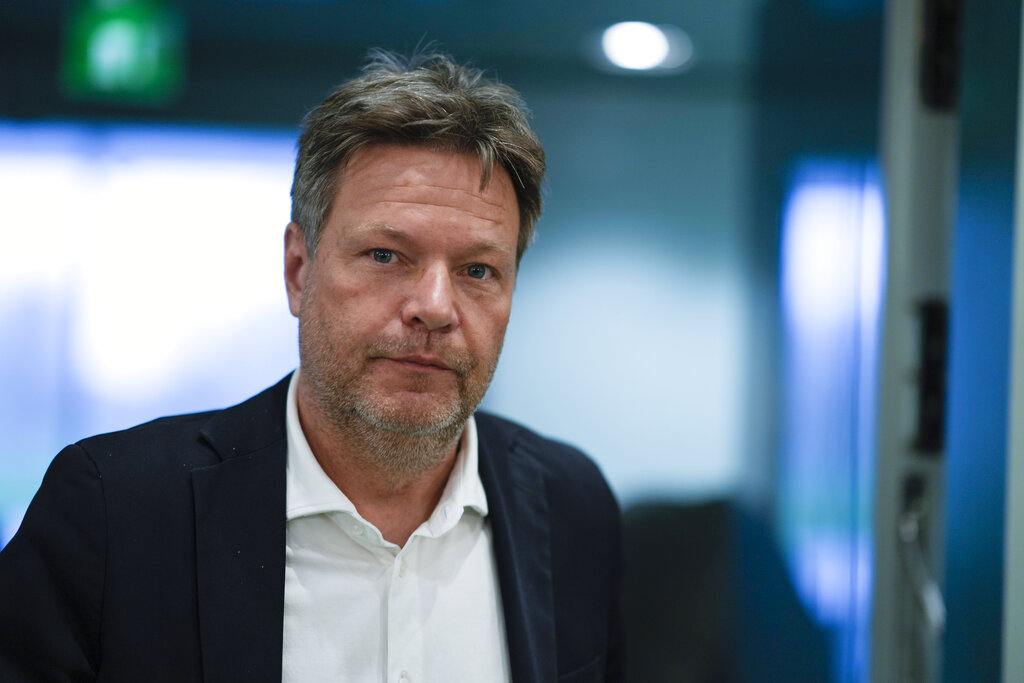After warnings from U.S. Treasury Secretary Janet Yellen that Europe’s economies could be harmed by a ban on Russian oil and gas, Germany appears to be moving forward with at least a complete cut on Russian crude oil.
According to the Germany’s federal minister for economic affairs and energy, Robert Habeck, his country could completely end its dependence on Russian crude oil in a matter of days.
“Currently, the weight of Russian products in German oil imports is 12 percent and we will hopefully reduce this to zero in a few days, so that we can completely replace Russian oil from then on,” Habeck revealed in remarks published by the Reuters news agency.
“Today, I can say that an embargo has become manageable for Germany,” Habeck added.
[pp id=32735]
Recently, the German Bundesbank has warned that any cut to Russian gas could lead to a 5 percent drop in GDP, and other energy experts have issued even more dire warnings. While Russian crude oil is far less vital to Germany’s economy, any decision by Germany to drop all Russian crude could also lead to price increases for the existing oil on the world market.
U.S. Treasury Secretary Janet Yellen has pointed to this problem, stating that a European energy ban would “clearly” raise global oil prices and may inflict harm on Europe as well as other nations.
“It could actually have very little negative impact on Russia, because although Russia might export less, its price it gets for its exports would go up,” she said.
The German federal minister’s comments suggest a much faster pace of cutting Russian oil than the German government has previously indicated. To date, it has only been known that the Russian import weight had dropped from 35 percent to 25 percent of the country’s total oil imports with the country pledging to reduce this to zero by the end of the year.
[pp id=34972]
Habeck, however, has now indicated that Russia only meets 12 percent of Germany’s oil demand, and has revealed that only one refinery in Germany currently buys Russian oil — the PCK refinery in Schwedt near Berlin, which is majority-owned and operated by Russia’s Rosnef.
The minister added that PCK’s business model is based on buying Russian oil and that this was the root of all German opposition to the Russian oil embargo, but now insists the country needs “an alternative for Schwedt and we will be working on it in the coming days.”
According to Habeck, as soon as the government finds this transport-supply alternative from another direction, Germany will “become open to support the Russian oil embargo decision.”






